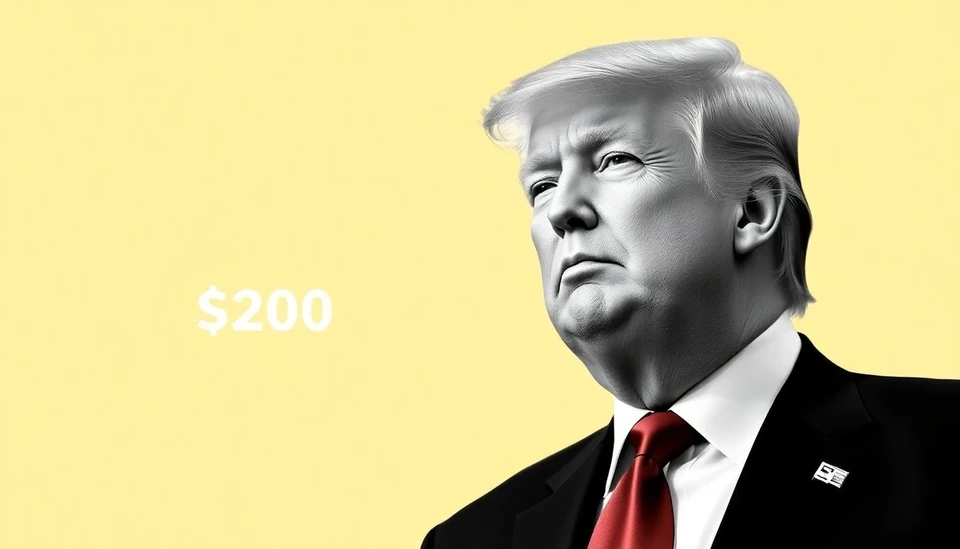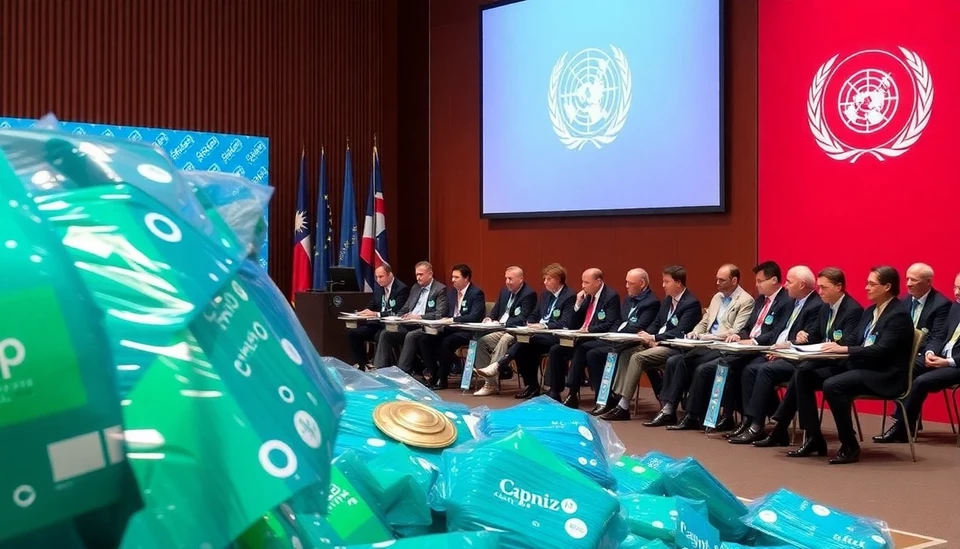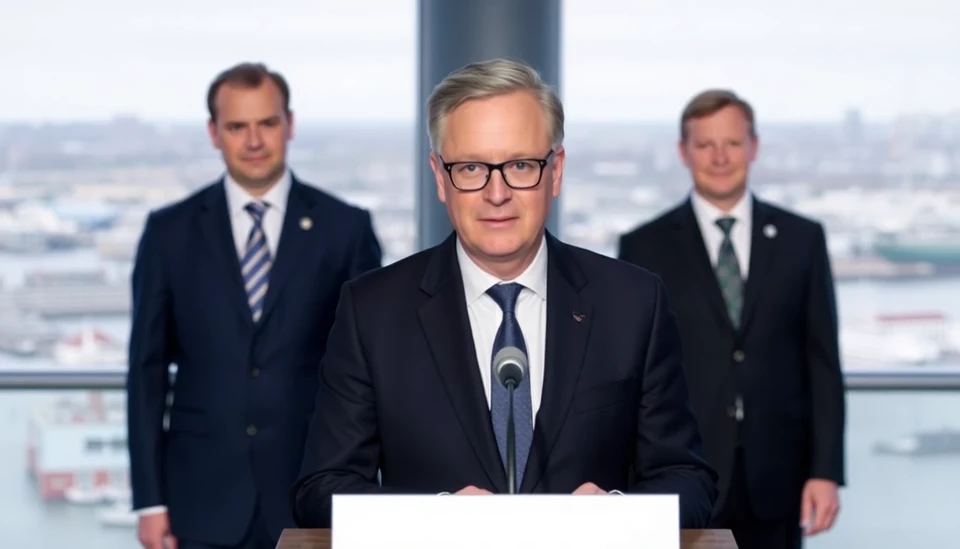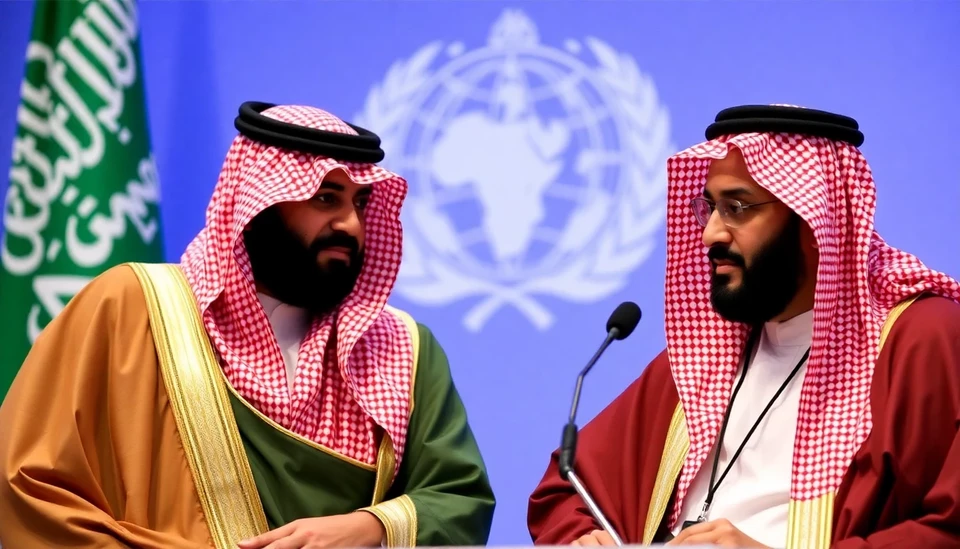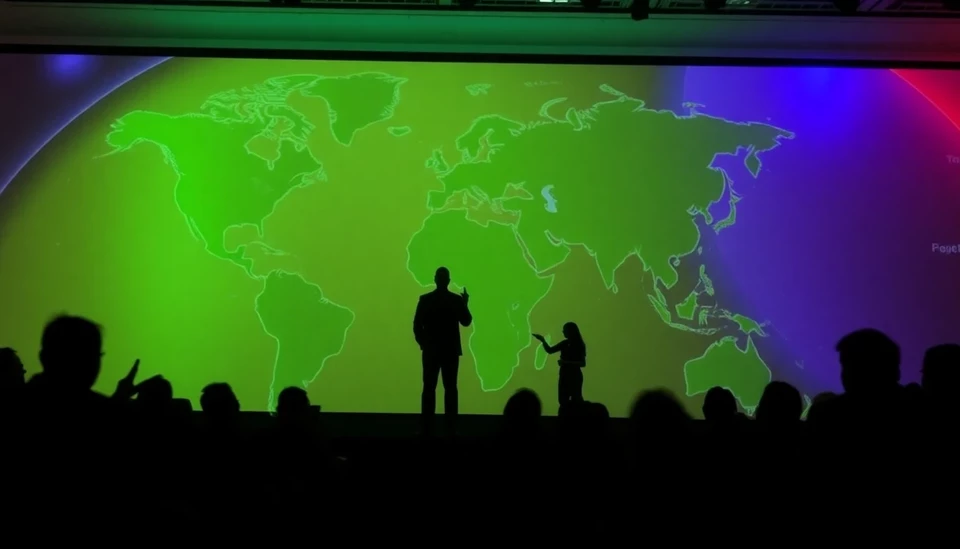
As global leaders gear up for the pivotal COP29 climate conference in Dubai, a dominant concern looms large: financing. With estimates suggesting that developing countries require upwards of $2.4 trillion annually to mitigate and adapt to climate change, the urgency to streamline funding sources has never been greater. The stakes are high, not only for vulnerable nations but for the entire globe in the fight against climate change.
While various financing models have been proposed, clarity on where the funds will come from remains elusive. The Green Climate Fund, implemented in 2010, was hailed as a beacon of hope, aiming to mobilize $100 billion a year in climate funding. However, this target has yet to be met, highlighting significant challenges in financing mechanisms.
Experts speculate on a combination of public and private funding sources, including innovative financial instruments like climate bonds and green financing initiatives. Governments are expected to play a crucial role, yet the reliance on public funds alone may prove insufficient. Strategies that harness private investment are essential for achieving the ambitious targets set forth in the Paris Agreement.
A key highlight leading up to COP29 is the emergence of 'climate pledges' from major economies. Nations like the US and the EU have outlined their financial commitments, with the US targeting a $3 billion contribution to the Green Climate Fund by 2025. Nevertheless, the disparity between rich and developing nations persists, prompting calls for a more equitable distribution of resources to safeguard vulnerable communities.
Another focal point is the role of multinational corporations in climate finance. As businesses increasingly face pressure to adopt sustainable practices and commit to carbon neutrality, their involvement in funding climate initiatives is becoming more pronounced. Partnerships between governments and the private sector could create a roadmap to harness the necessary capital to support climate initiatives.
On the ground, activists and advocates are pressing for transparency and accountability in how climate funds are utilized. There is a collective demand for assurance that financial resources are not only available but are also directed toward impactful projects that deliver real, measurable change in communities most affected by climate issues.
As COP29 draws near, governments, NGOs, and businesses are urged to collaborate in finding sustainable solutions for climate finance. Committing to diverse funding streams and ensuring equitable access to resources will be key in forging a unified response to one of the most critical challenges of our time.
This year, COP29 stands as a pivotal moment in international climate diplomacy, not just in terms of ambitions, but in addressing the critical question: Where will the money come from to fuel the ambitions set forth in the fight against climate change?
As discussions unfold in Dubai, stakeholders from various sectors must engage in constructive dialogue to unlock the necessary financial flows. The future of climate action may well depend on it.
#COP29 #ClimateFinance #SustainableDevelopment #GreenClimateFund #ClimateAction #InnovativeFunding #ParisAgreement
Author: Peter Collins
